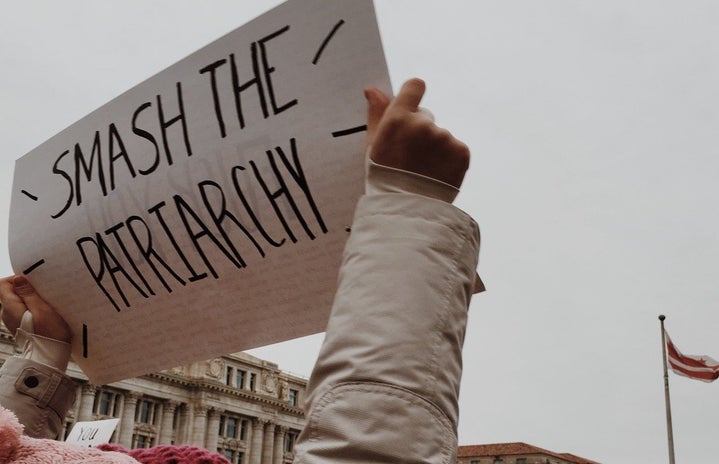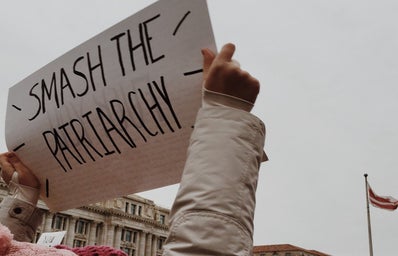Feminism. A word that has become synonymous with angry women with short haircuts. But how did we come to this image? And why is this word, that once held such power and appreciation, now frowned upon by even those it’s trying to help?
I’ve found, at least in my experiences, that many women reject the title of feminist even when advocating for women and female-identifying rights. There have been many instances in conversations where I have heard statements like, “It’s not fair that women get dress coded more than men. I’m not a feminist but I don’t think its right” or when being accused of being a feminist, female and female-identifying individuals are quick to deny it.
It’s like the word feminism has become an insult. It is now flung upon any female-identifying person who dares speak their mind about any act of sexism, misogyny, or discrimination. You think it’s not fair that our society profits off of women’s insecurities? You are a feminist. You don’t think that society respects and values women? You are a feminist. You think it’s not okay that women struggle to enter certain job fields? You are a feminist. The list goes on and on, but the point remains the same: this is no longer a word being used to bond advocates together but instead tear them apart.
In an article published by the BBC, author Dr. Christina Scharff seeks to explain the same thing. She concludes that the rejection of the term cannot be traced to just one reason. Class, race, and association are just a few of the reasons that affect who identifies as a feminist and who does not. According to her research, Scharff cites that more working-class women in managerial, administrative, and other professions reject the term than those that include manual and casual workers, pensioners, and the unemployed. There is also the perception that feminism benefits white people exclusively or more than other races. “However, just 60% said [feminism] had achieved much for women of other ethnicities – a sentiment shared by 46% of African American women.”
Association is also a very big reason why many don’t aspire to hold the feminist label. From my experiences and many other female-identifying people that I know, there is this idea that feminists are radicals. This notion, largely perpetuated by the male-dominated broadcasting field, implies that being a feminist and being a rational person are two mutually exclusive things. In the eyes of the media, we are wild-eyed, furry-legged, screaming machines desiring only complete male submission. And this is not a new attack either. Since the birth of feminism, there have been insinuations supporting gender equality. Misconceptions with terms have included, “not wearing makeup, not shaving your legs, and not liking boys”, questioning someone’s sexual preferences, and assuming that feminists are “man-haters”. Support it or not, society has turned feminism into a dirty word that contradicts what the movement fights for.
But what’s really in a name? According to Scharff’s research on the topic, while the liking for the label has declined, the push for gender equality and women’s rights has dramatically risen in the last century. So does it really matter if the feminist title is on the decline if the push for its purpose is on the rise? Well, I suppose the only way to tell is to sit and watch what our generation does with the world it’s been handed. But between you and I, I think I’ll keep the “Death to the Patriarchy” sticker on my laptop.

